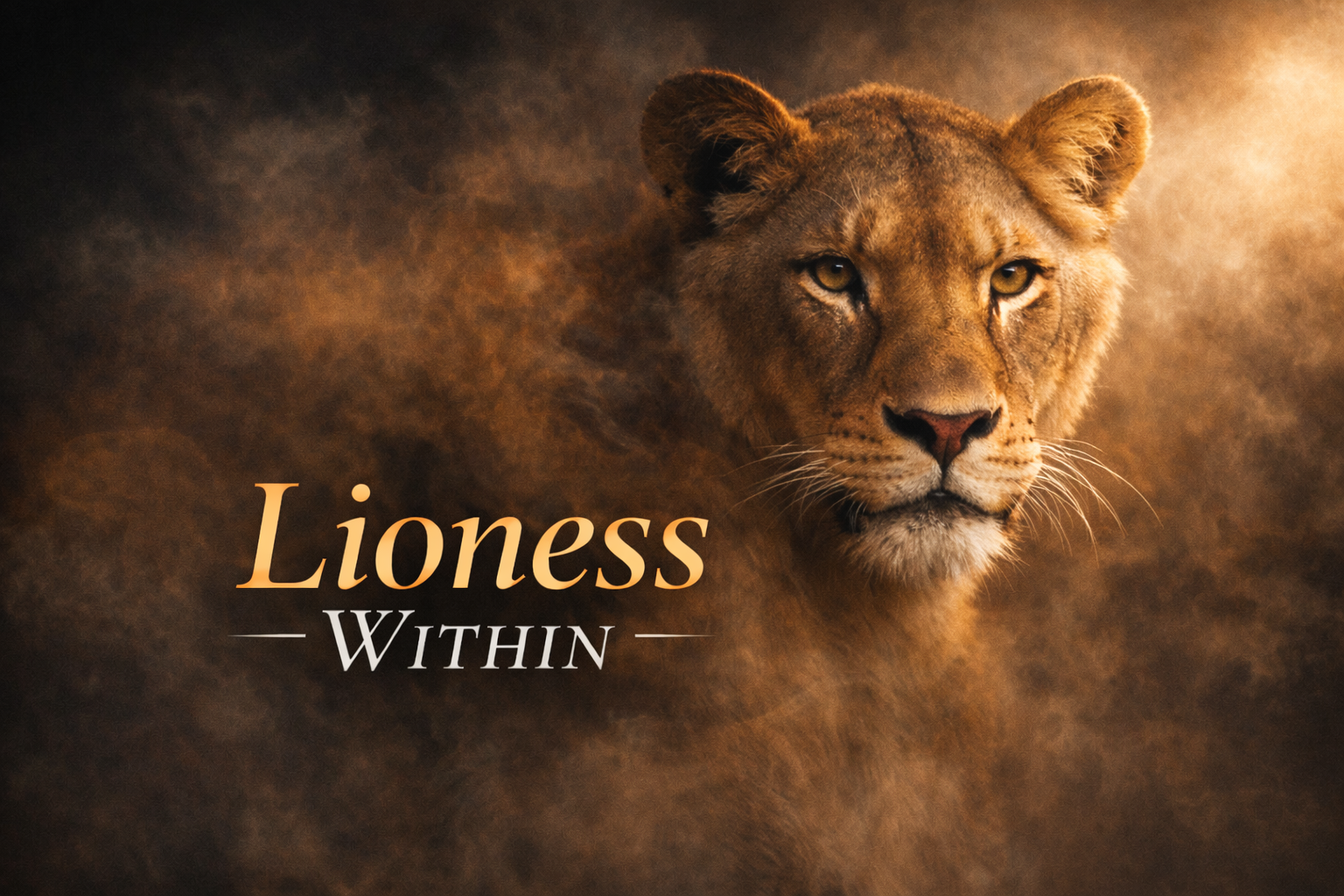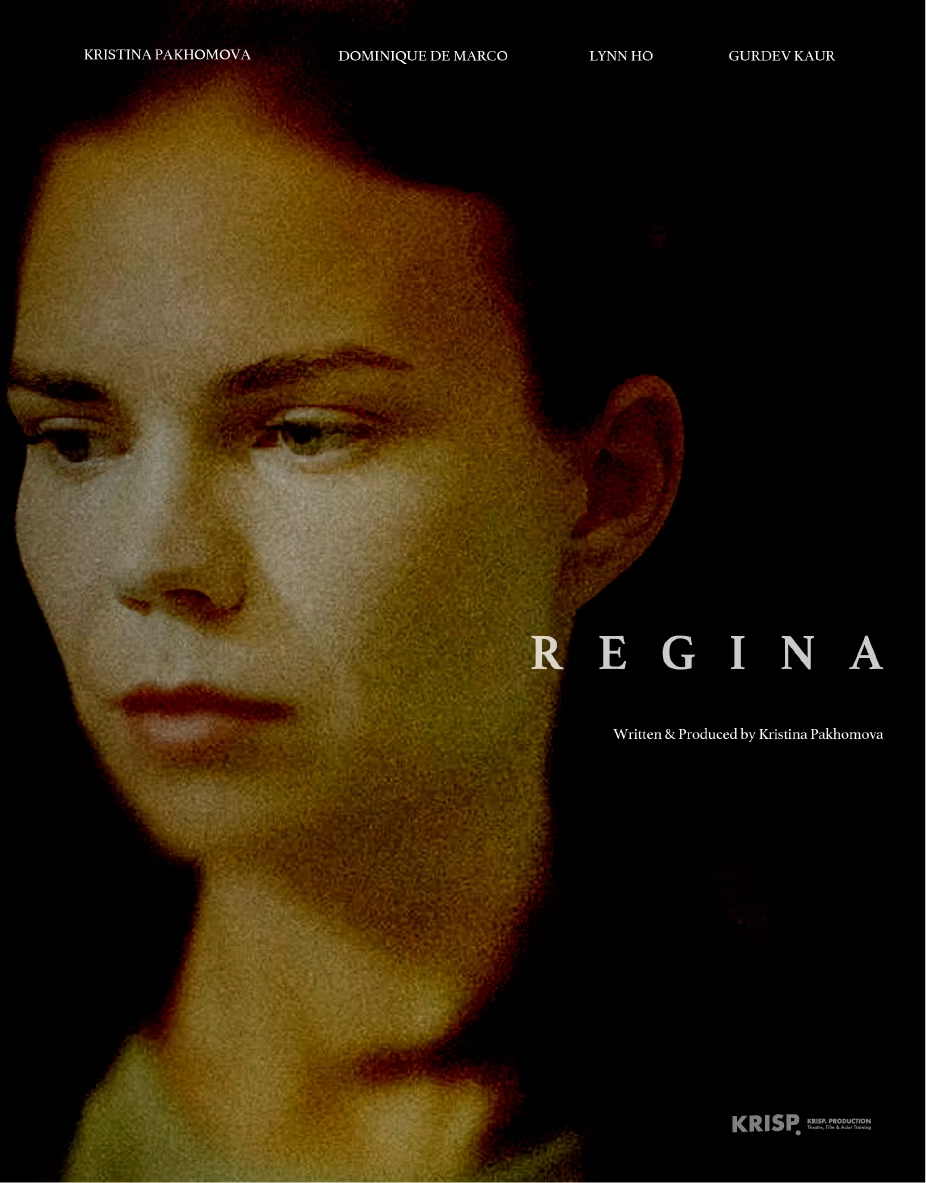You might be looking at learning objectives for our acting classes and wondering, what the big deal is about relaxation. Why do acting workshops bother spending time on relaxation and breathing exercises? Well, we’re here to gladly enlighten you.
Imagination is the actor’s main tool. Everyone agrees, right? Great
Let’s talk about imagination. What is it?
Our favorite explanation of imagination is that it is an image flow that goes through our mind and body when reacting to any stimuli.
If the imagination is a flow, then as any flow it needs a clear path. All sorts of tension, blocks and fears prevent this image flow from moving freely. This means that to allow the imagination to do its magic, an actor should be completely relaxed.
However, relaxation doesn’t mean standing on-scene blanked out of the situation. Instead, it is a beautiful balance of being relaxed yet alert and energetic. How exactly do you achieve that?
There are many exercises that we share during our workshops that help with this, and many of them are built around breathing. If you are physically tense you can’t breathe as efficiently, and even the way you breathe could either relax or tense you up even more! So, breathing techniques help you relax, being relaxed allows your imagination to work its wonders, and a well-flowing imagination allows you to follow through in performances.
What happens if an actor isn’t relaxed?
It is human nature to try as much as possible to avoid feeling vulnerable, sharing our deepest secrets, and getting hurt. That’s why we develop certain defense mechanisms. We close up, we hide, and we protect ourselves from getting hurt.
But on stage or film, it’s the opposite. In order to feel, we have to let it hurt. As an audience member, we can tell if it’s a true and authentic emotion radiating from an actor, and that is what we want to see. We want to see authentic love, fear, sadness, and excitement.
In order for an actor to do that, their body has to be flexible, free and open to receive anything that comes to it.This happens only if they are relaxed enough. Rigid and tense actors will be unable to access this place of vulnerability.
Imagine if you were all tensed up during a performance. You’d be so distracted and picking up unnecessary stimuli and unconsciously dealing with it during a performance. Your rational mind would take over your feeling body, causing a creativity block. This prevents you from fully embodying your character and worse, it hinders your ability to be present on-stage or on-screen.
It takes lots of trust and a sense of ease to say “Ok, I can manage that, I can go there, my body is relaxed, alert and ready to experience what my character is supposed to experience”.
So, how can you start learning to be more relaxed?
In our Chekhov workshop we talk a lot about “centers“ in relation to relaxation. We don’t currently have a Chekhov workshop but we will cover the fundamentals of the Chekhov technique in our expanded, 8-week Acting for Beginners course. However, here is a very simple yet effective exercise that you can do anywhere for starters.
This is better done with your eyes closed, but it’s up to you.
Start by putting all your focus, all your attention inside your head. Make your head your Centre. Imagine that all other parts of your body are connected to your head. Your head is the puppeteer and other parts are the Puppets. If you move your right arm for example, the impulse must come from the head. Observe how it feels, what you are thinking about, what does this make you do?
Next imagine that your Centre is slowly moving down to your chest. You can even give this Centre a certain color or shape to make it more interesting. Remember, any move you want to make has to come from this new Centre. Observe how it feels. What kinds of new sensations arise? Congrats, you are now inside your “feeling body”.
Lastly, imagine that your Centre is moving down to your lower abdominal, which is around your belly button. Your Center is now at your “will“. Once again, send an impulse from the Centre to move part of your body. What is different this time?
This simple exercise not only trains your attention but also teaches you how to relax and stop thinking. How to move away from your head Centre to your “feeling body” (chest) or your “will” (lower abdominal) if needed.
Try this out and feel welcome to let us know your observations. If you’re interested to explore relaxation and breathing techniques as part of a plethora of skills in an actor’s arsenal, we have an upcoming 8-week course that teaches just that and more! View the learning objectives of Acting for Beginners here.
We will also be holding a course on movement and applications in performance! Open to everyone—actors, dancers, non-performers, you name it. Learn more about the Laban Workshop here.






